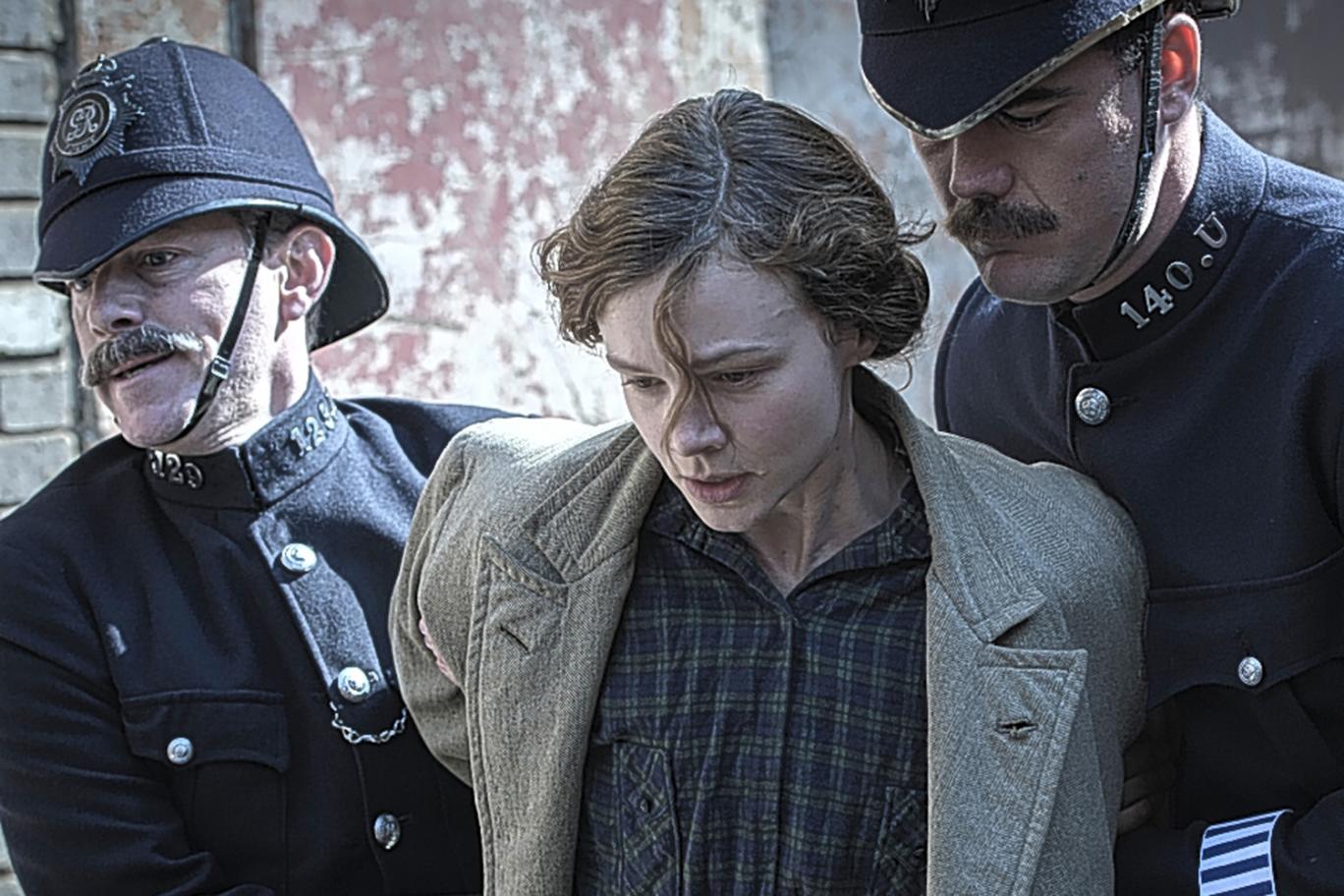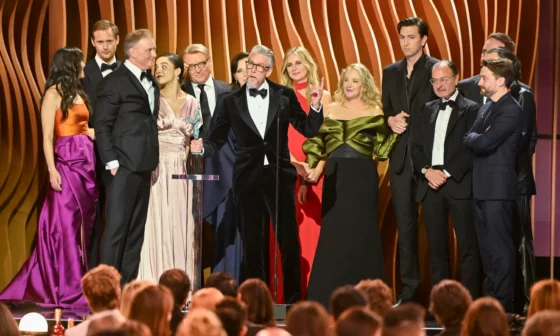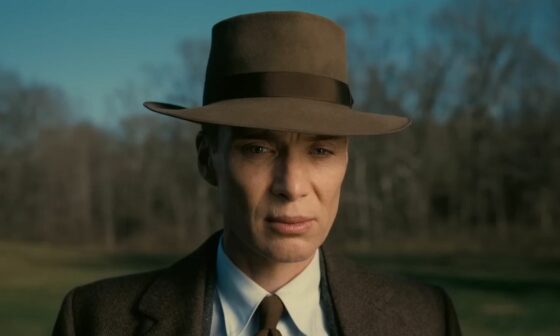I went into this film feeling slightly wary. Historical blockbusters frustrate me somewhat because they are usually so inaccurate, either romanticising facts to give more impact to the unaware audience, or even changing real people to combine two characters. Meanwhile there is always a dollop of historical fact on an eagerly fed spoon. I want to see something that’s true to life, what people actually went through, not just a screenwriter and director’s interpretation.
Suffragette, however, pleasantly surprised me. Pleasant is probably inaccurate, especially after the force-feeding scene. Screenwriter Abi Morgan subtly interwove a young woman’s struggles in pre-First World War London, the pressures of work, money, and looking after her family, with introducing her, and the audience, to the fight of the suffragettes, an aggressive and highly judged group of women because they are subverting their social roles.
Obviously, the film is pushing a message; women deserve the rights for which we fought, or at least, our ancestors fought, and I sincerely hope lots of young girls see this film, as its history is horribly recent. Girls need to know we never had it as good as we do now, and millions of women worldwide still don’t (the film ended with a credit role of countries and dates when women won the vote).
Men were not portrayed as stereotypical villains – some sympathised to the fight, and Brendan Gleeson, although stern, resilient and harsh to suffragettes, still protested against their brutal punishments. Ben Whishaw, in a role unlike I have ever seen him in before, was outstanding. The young husband of protagonist, Maud (Carey Mulligan), Whishaw is accustomed to the drudgery of his life, the laws and the set up of society. Maud’s sudden activism is jarring and causes him to act in misogynistic and cruel ways, but to him they are acceptable.
The film doesn’t shy away from difficult topics, for example, sexual abuse which, without a doubt, was rife at the time. From our modern perspective, with laws and protection against the abuse of under-age girls, we can only watch with frustration that nothing can be done to help those hurt. Furthermore, force-feeding, for which the suffragettes are martyrs, was conveyed in every horrific detail, Mulligan forcing us to share her pain. The shaky hand-held camera complements the action, emphasising the discomfort for women and Maud throughout the film.
Unfortunately, Meryl Streep only appears once. My outrage was profound. Her face on the posters and scattered throughout the trailer was misleading; in my opinion it would have been very effective to leave her as a surprise cameo.
Although there was an unnecessary need to have writing on the screen at the end AND the beginning, and they needed to draw attention to today’s women in a moment of “discussing what the future could be”, Suffragette succinctly got to the point and gained my sympathies. Seeing what these women endured and how hard they fought, it truly saddens me they didn’t win the vote for another thirteen years. I applaud those women who didn’t take no for an answer.
#Peace.Love.Suffragette









